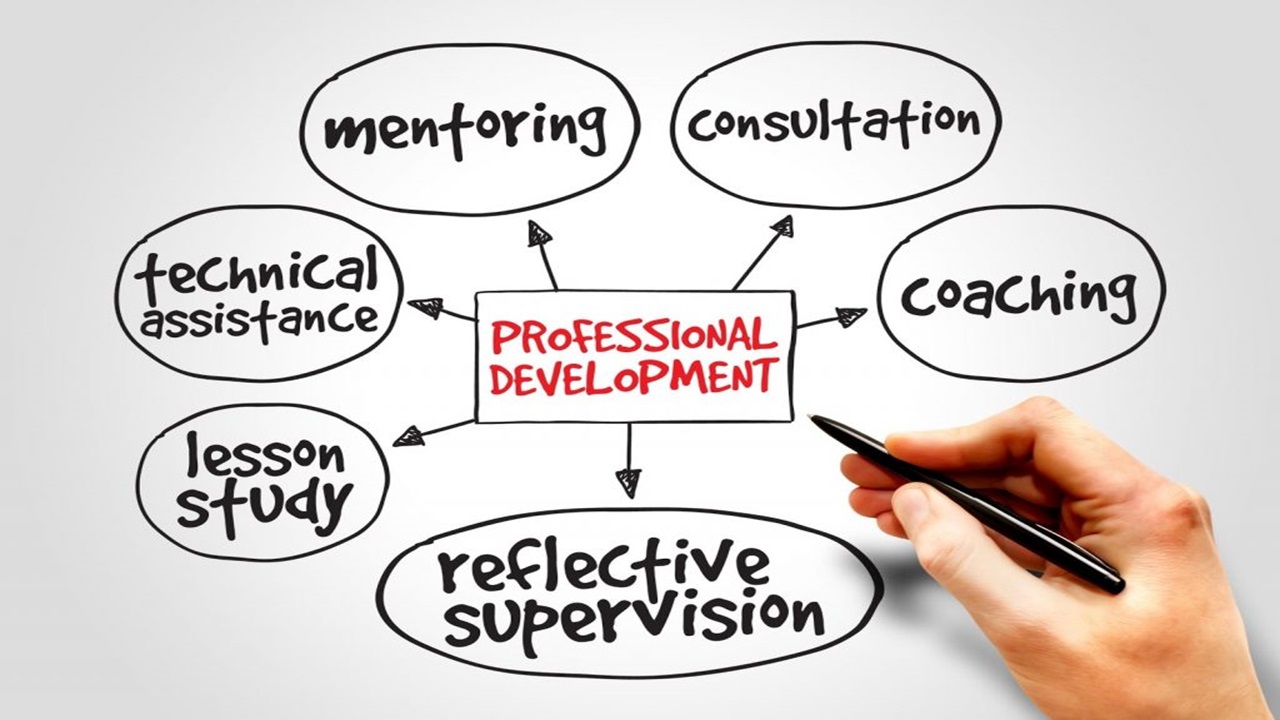How Higher Education Play a Key Role in Your Professional Development During the job.

Course Description
In today’s fast-paced, competitive job market, professional development is not a luxury—it’s a necessity. While many associate higher education with career entry, its impact extends well beyond landing that first job. For professionals already in the workforce, higher education plays a transformative role in career growth, adaptability, and long-term success.
1. Deepening Subject Matter Expertise
Higher education equips professionals with advanced knowledge in their fields. Whether it’s a master’s degree in business administration, data science, engineering, or healthcare, formal education allows employees to deepen their understanding of complex concepts. This added expertise enhances decision-making, problem-solving, and innovation at work—skills highly valued by employers.
2. Developing Critical Thinking and Analytical Skills
Workplace challenges rarely have straightforward solutions. Higher education emphasizes research, analysis, and structured problem-solving. These academic exercises translate directly into real-world situations, enabling professionals to evaluate scenarios more critically and make informed decisions that drive organizational success.
3. Staying Updated with Industry Trends
Industries evolve rapidly, with new technologies, regulations, and best practices emerging constantly. Higher education programs—especially postgraduate and continuing education courses—are designed to reflect current trends and future projections. By staying academically active, professionals remain relevant and better equipped to lead change rather than merely react to it.
4. Boosting Leadership and Management Abilities
Pursuing higher education often includes training in leadership, team dynamics, conflict resolution, and strategic thinking. These competencies are essential for career advancement into supervisory and managerial roles. Professionals with such skills are often seen as valuable assets ready for promotion or higher responsibilities.
5. Enhancing Communication and Collaboration
From writing reports and proposals to delivering presentations and leading meetings, effective communication is a key career driver. Higher education helps refine both written and verbal communication, while also improving one’s ability to work collaboratively in diverse teams—skills that are indispensable in any job setting.
6. Networking Opportunities
One of the often-overlooked benefits of higher education is the network it provides. Classmates, professors, alumni, and guest lecturers can become valuable professional connections, offering mentorship, job opportunities, or business partnerships. This expanded network can significantly impact one’s career trajectory.
7. Increased Confidence and Credibility
Academic credentials instill a sense of confidence and credibility. Colleagues and employers often perceive advanced degree holders as more competent and committed to their field. This perception can open doors to leadership roles, high-stakes projects, or cross-functional teams.
8. Pathway to Career Transitions
Higher education is especially vital for professionals considering a career shift. Whether moving into a new industry or aiming for a specialized role, earning a relevant degree or certification can bridge knowledge gaps and make the transition smoother and more credible.
Higher education is more than a stepping stone into the workforce—it’s a catalyst for ongoing professional development. It empowers individuals to stay competitive, agile, and effective in their roles. In an era where lifelong learning defines career success, investing in higher education while working is not just beneficial; it’s essential.


